The Tale Of Earth And It’s Sister Theia.

The Tale of Earth and it’s sister Theia.
Have you found it weird that the earth’s axis is tilted by 23.5 degrees and wondered what led to this? Wait, Where did the moon come from?
Well, Here’s what scientists have theorized.
The Giant Impact Hypothesis
Theia, a mars sized planet collided ( it glanced and thankfully did not collide head on, else it would have destroyed earth ) with the Earth around 4.553 billion years ago.

Theia’s debris gathered together around Earth to form what we now call- The Moon.

The collision between the early earth and Theia was so immense that it tilted the axis of rotation of the early earth by 23.5 degrees.
And it remains tilted so that way even today!!

Why do they believe in this hypothesis ?
Scientists have a very good reason to believe in the Giant Impact Hypothesis:
Earth’s spin and the Moon’s orbit have similar orientations.
Moon samples indicate that the Moon once had a molten surface.
The Moon has a relatively small iron core.
The Moon has a lower density than Earth.
Evidence exists of similar collisions in other star systems (that result in debris disks).
Giant collisions are consistent with the leading theories of the formation of the solar system.
The stable-isotope ratios of lunar and terrestrial rock are identical, implying a common origin

Have a good day !
PC: sarice,
More Posts from Spacecheesus-blog and Others
I need some space cakes in my life.








Galaxy based food
Neat!

Traveling to Mars (safely AND quickly) with plasma rockets
There has been quite a bit of hype about getting people to Mars. But traveling 35 million miles to the red planet will require a new breed of rockets that are much more powerful and efficient than traditional chemical-fueled rockets.
It takes *A LOT* of fuel to get into space. The Saturn V, which launched spacecraft to the moon, required fuel tanks that were taller than the Statue of Liberty. Traveling to Mars, which is 200 times farther than the moon, means that we would need to build an even bigger rocket that can carry 200 times more fuel — a highly impractical quest.

So NASA researchers are working on a new kind of rocket with electric thrusters that can travel at high speed using less fuel. These plasma rockets can get spacecraft to the moon with one-tenth the tank of fuel used by Saturn V, and are capable of cutting a risky trip to Mars down from two years to less than two months.
Even though plasma rockets are ideal for long-term spaceflight, they do have some shortcomings.
To create plasma, a gas-like matter that’s as hot as the sun, radio waves are used to heat a gas propellant. The problem is that during the heating process, charged ion particles are expelled, causing damage to the thruster’s walls that could potentially lead to a catastrophe.
So what if there was a way that the wall could repair itself?
Gary Li, a UCLA aerospace engineering grad student, is figuring out a way to do just that. In the video below, he explains how his research could help humans travel safely and quickly to Mars:

Halloween is over… Let the spooptivities begin
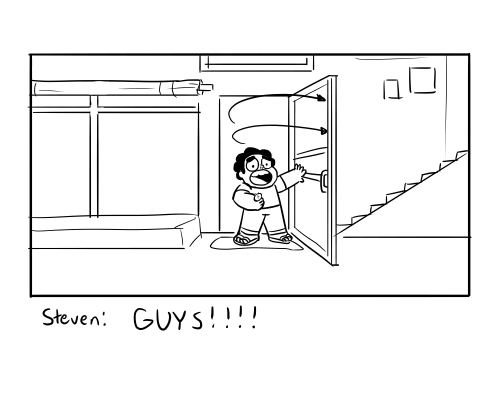
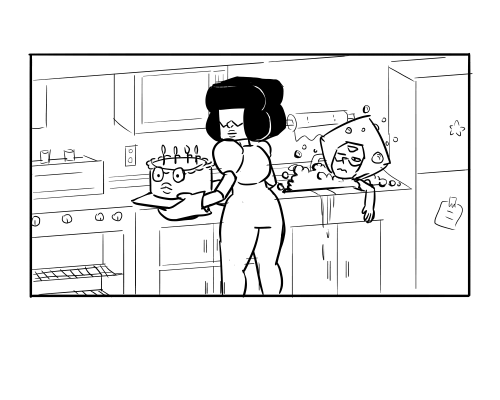
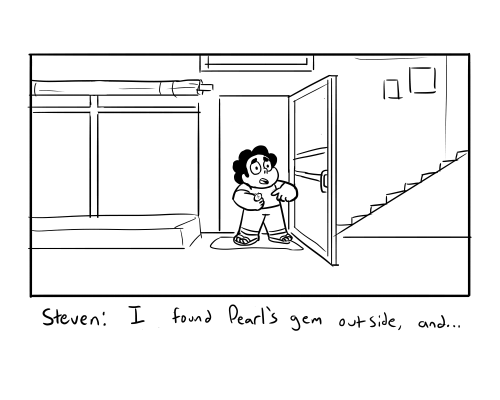
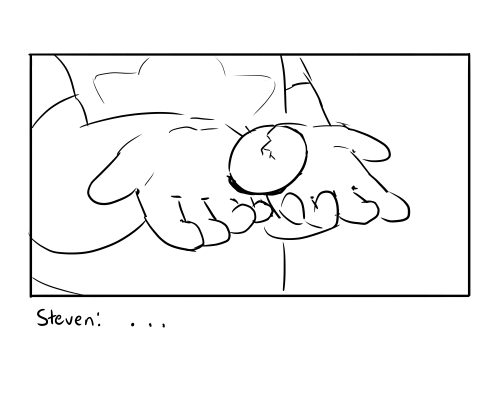
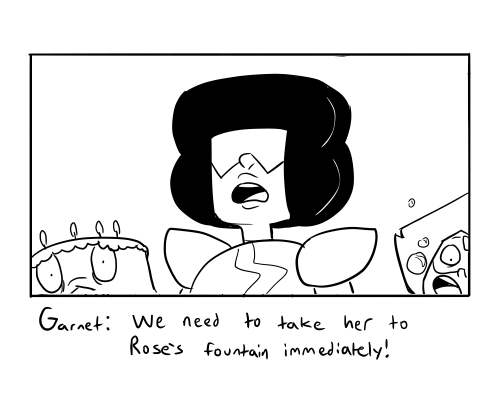
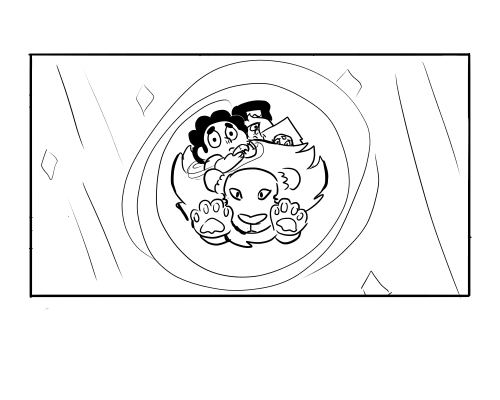
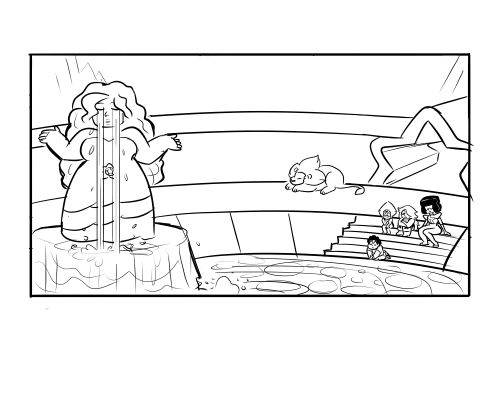
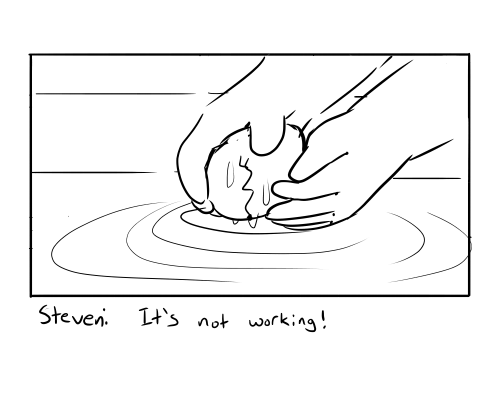
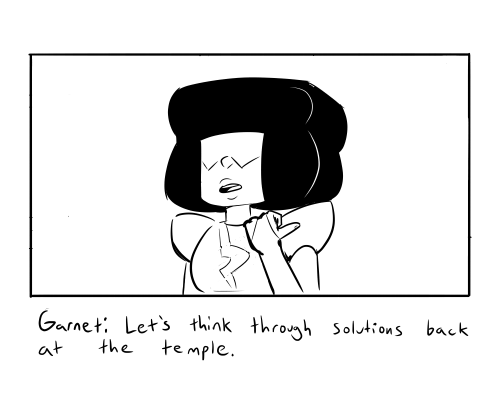











sorry for the length of this!! i thought of the idea earlier today and i knew i had to draw it
yes.

"Hold up, Houston, let me take a selfie."

Buzz Aldrins self-portrait during Gemini 12 with the Earth reflecting off his visor, 12 November 1966
js
Space Oddity - David Bowie (1969)
Though I’m past one hundred thousand miles I’m feeling very still And I think my spaceship knows which way to go Tell my wife I love her very much she knows
Thank you, David. Rest in peace.
Sounds like I'm already on the right track!
5 Myths About Becoming an Astronaut
Have you ever wondered if you have what it takes to become a NASA Astronaut? The term “astronaut” derives from the Greek word meaning “space sailor,” and refers to all who have been launched as crew members aboard NASA spacecraft bound for orbit and beyond.
We’re looking for a new class of astronauts to join the NASA team, and here are a few things to know.
Here are a few myths about becoming an astronaut:
MYTH: All astronauts have piloting experience.
FACT: You don’t need to be a pilot to be an astronaut. Flying experience is not a requirement, but could be beneficial to have.

MYTH: All astronauts have perfect vision.
FACT: It’s okay if you don’t have 20/20 vision. As of September 2007, corrective surgical procedures of the eye (PRK and LASIK), are now allowed, providing at least 1 year has passed since the date of the procedure with no permanent adverse after effects.

MYTH: All astronauts have advanced degrees like, a PhD.
FACT: While a Bachelor’s degree from an accredited university is necessary, an advanced degree is not required to become an astronaut.

MYTH: Astronauts are required to have military experience in order to be selected.
FACT: Military experience is not required to become an astronaut.

MYTH: You have to be a certain age in order to be an astronaut.
FACT: There are no age restrictions. Astronaut candidates selected in the past have ranged between the ages of 26 and 46, with the average age being 34.

Okay, but What are the requirements?

Commander and Pilot Astronauts
Pilot astronauts serve as International Space Station commanders and pilots. During flight, the commander has onboard responsibility for the vehicle, crew, mission success and safety of flight. The pilot assists the commander in controlling and operating the vehicle.
Basic requirements for an Astronaut Pilot include the following:
Bachelor’s degree from an accredited institution in engineering, biological science, physical science or mathematics. An advanced degree is desirable. Quality of academic preparation is important.
At least 1,000 hours pilot-in-command time in jet aircraft. Flight test experience is highly desirable.
Ability to pass a NASA space physical which is similar to a military or civilian flight physical and includes the following specific standards:
Distant visual acuity: 20/100 or better uncorrected, correctable to 20/20, each eye Blood pressure: 140/90 measured in a sitting position Height between 62 and 75 inches
Mission Specialist Astronauts
Mission specialist astronauts work with the commander and the pilot and have overall responsibility for coordinating operations in the following areas: systems, crew activity planning, consumables usage and experiment/payload operations.
Basic requirements for a Mission Specialist include the following:
Bachelor’s degree from an accredited institution in engineering, biological science, physical science or mathematics. Degree must be followed by at least three years of related, progressively responsible experience. An advanced degree is desirable and may be substituted for part or all of the experience requirement. Quality of academic preparation is important
Ability to pass a NASA space physical which is similar to a military or civilian flight physical and includes the following specific standards:
Distant visual acuity: 20/200 or better uncorrected, correctable to 20/20, each eye Blood pressure: 140/90 measured in a sitting position Height between 58.5 and 76 inches
Applications for our next astronaut class open on Dec. 14! Visit: http://www.nasa.gov/astronauts/
Make sure to follow us on Tumblr for your regular dose of space: http://nasa.tumblr.com
-
 ainsophaurs liked this · 1 year ago
ainsophaurs liked this · 1 year ago -
 aro-ace-from-outer-space22 liked this · 2 years ago
aro-ace-from-outer-space22 liked this · 2 years ago -
 dezignate reblogged this · 2 years ago
dezignate reblogged this · 2 years ago -
 homerswinedarksea liked this · 4 years ago
homerswinedarksea liked this · 4 years ago -
 white-trash-balling reblogged this · 5 years ago
white-trash-balling reblogged this · 5 years ago -
 tactical-baptism reblogged this · 5 years ago
tactical-baptism reblogged this · 5 years ago -
 crazypizzapersona reblogged this · 5 years ago
crazypizzapersona reblogged this · 5 years ago -
 crazypizzapersona liked this · 5 years ago
crazypizzapersona liked this · 5 years ago -
 algun-dia-sera-mejor liked this · 5 years ago
algun-dia-sera-mejor liked this · 5 years ago -
 magicalaugirl reblogged this · 6 years ago
magicalaugirl reblogged this · 6 years ago -
 poopitee reblogged this · 6 years ago
poopitee reblogged this · 6 years ago -
 jazzmaster1959 reblogged this · 6 years ago
jazzmaster1959 reblogged this · 6 years ago -
 theforceofwill600 liked this · 6 years ago
theforceofwill600 liked this · 6 years ago -
 riboher71-84 liked this · 6 years ago
riboher71-84 liked this · 6 years ago -
 thatonewildstar liked this · 6 years ago
thatonewildstar liked this · 6 years ago -
 loucamp28 liked this · 6 years ago
loucamp28 liked this · 6 years ago -
 unknownboss01 liked this · 6 years ago
unknownboss01 liked this · 6 years ago -
 bease1977 liked this · 6 years ago
bease1977 liked this · 6 years ago -
 replicant1955 liked this · 6 years ago
replicant1955 liked this · 6 years ago -
 imnotsalingergetoverit liked this · 6 years ago
imnotsalingergetoverit liked this · 6 years ago -
 andromedasaganx reblogged this · 6 years ago
andromedasaganx reblogged this · 6 years ago
Hello, folks! I mainly like to post things of the space, cartoons, and caffiene variety. Enjoy your stay! :)
37 posts




